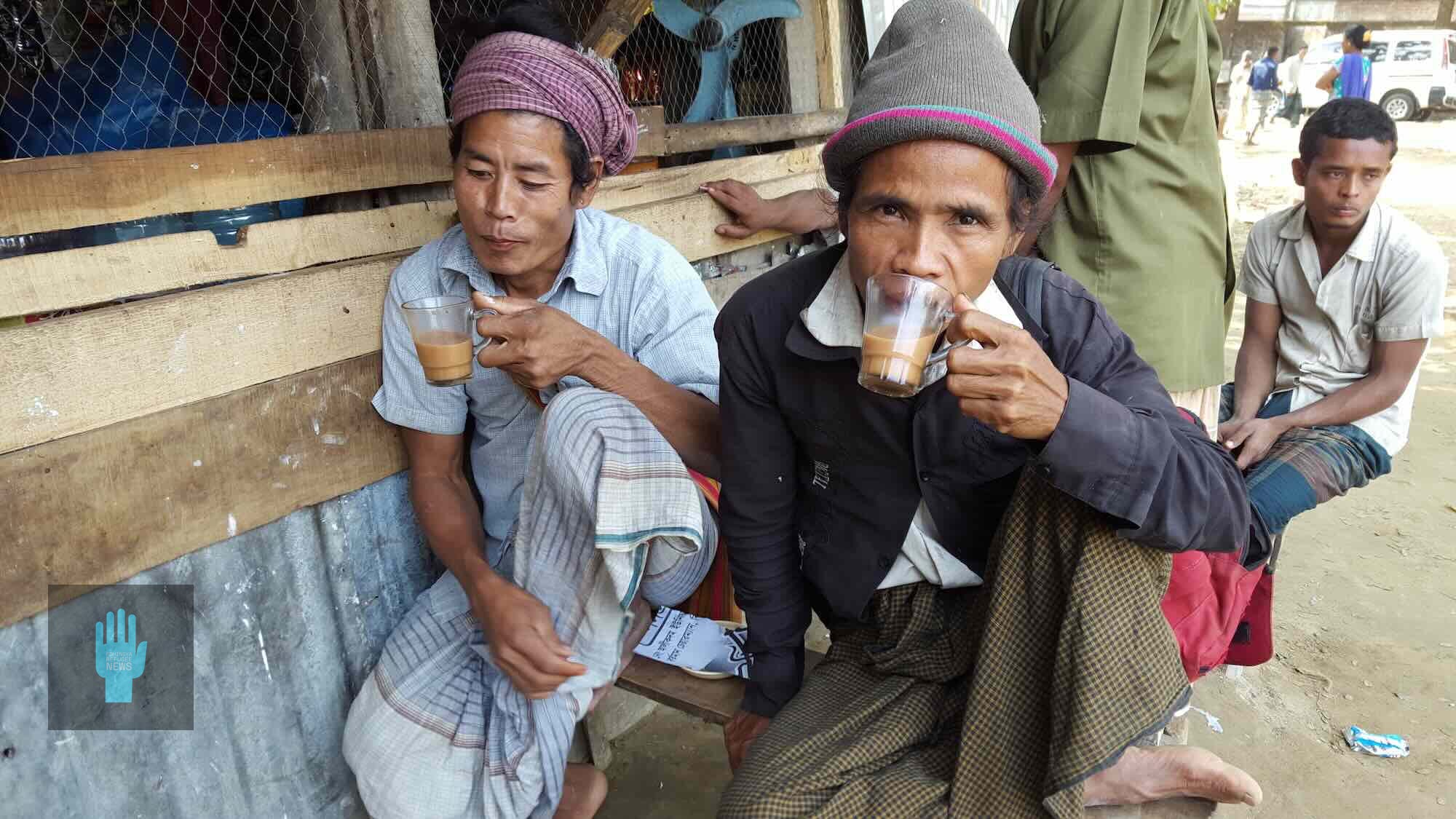Beyond Bengali
Razia Sultana Explains the Rohingya

I spent a fair amount of time a decade ago filming in the Chittagong Hill Tracts with Italian broadcaster RAI 3 and later, independently. Border towns and villages had a quiet melancholia. At the same time, the lively weekly haats brimmed with hill-tracts dwellers and Bengali traders haggling, joking and sharing news in several tongues. Beyond the markets, in tobacco fields and forest clearings, I met Rohingya doing seasonal work and living in makeshift huts - spoken of with wary, sometimes hostile undertones by their neighbours. The contrast between lively market camaraderie and whispered prejudice stayed with me.
That memory returned when I recently spoke with Razia Sultana, the Rohingya human rights lawyer and activist. Although she records atrocities, our conversation focused on history. That is to say, in terms of how language and script can be turned into political weapons.
The Dhaka Tribune has just published the core of that discussion under the headline “The Rohingya are mispronounced, mislabelled, and misunderstood.”
The key takeaway?
Strip away the politics, and a basic truth emerges. Rohingya identity is woven into Arakan’s history, not grafted onto it from Bengal. Confusing alphabet with ancestry is a convenient way to deny that fact. Razia puts it best: “Modern borders are paperwork, not cultural walls.” If you’re curious about how letters in a script can decide a people’s fate, give the full Dhaka Tribune piece a read.
